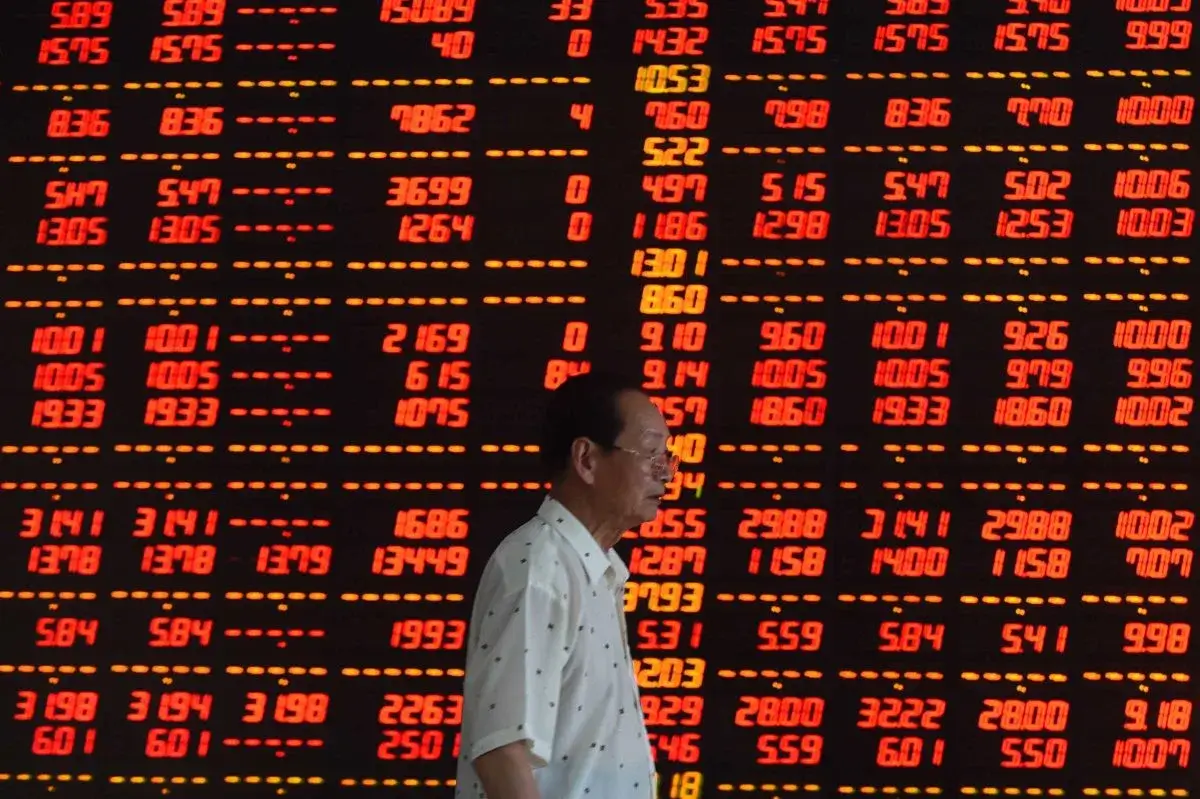How Panic Buying in Chinese Stocks Affects the Top-Traded Crypto Token
07.10.2024 18:30 1 min. read Alexander Stefanov
A recent report highlighted that some Chinese investors are giving up on cryptocurrencies, and turning back to the country's growing stock market, spurred by central bank measures to boost the economy.
Despite China’s 2021 ban on cryptocurrency trading, many mainlanders continue to access foreign accounts to trade digital currencies, bypassing capital controls and moving assets overseas.
The report argues that USDT, the world’s most used stablecoin, has recently traded at a discount to the US dollar, coinciding with China’s new economic policies.
This discount suggests increased selling pressure on the USDT as investors sell the stablecoin to buy Chinese equities. Livio Weng, CEO of Hong Kong-based crypto exchange Hashkey, suggested that this reflects investor panic.
Due to the ban on USDT/Yuan direct trading, the dollar serves as a measure of activity, with the USDT’s discount indicating greater demand for dollars.
Bloomberg also reported, that traders of Chinese yuan on Binance’s peer-to-peer market are pricing USDT lower than the official yuan/dollar rate, further confirming this change. Institutional investors are also shifting assets to Chinese equities, contributing to the stock market’s rapid growth.
-
1
Weekly Recap: Key Shifts and Milestones Across the Crypto Ecosystem
06.07.2025 17:00 4 min. read -
2
Trump Imposes 50% Tariff on Brazil: Political Tensions and Censorship at the Center
10.07.2025 7:00 2 min. read -
3
Key Crypto Events to Watch in the Next Months
20.07.2025 22:00 2 min. read -
4
USA Imposes Tariffs on Multiple Countries: How the Crypto Market Could React
08.07.2025 8:30 2 min. read -
5
UAE Regulators Dismiss Toncoin Residency Rumors
07.07.2025 11:12 2 min. read
Two Upcoming Decisions Could Shake Crypto Markets This Week
The final days of July could bring critical developments that reshape investor sentiment and influence the next leg of the crypto market’s trend.
Winklevoss Slams JPMorgan for Blocking Gemini’s Banking Access
Tyler Winklevoss, co-founder of crypto exchange Gemini, has accused JPMorgan of retaliating against the platform by freezing its effort to restore banking services.
Robert Kiyosaki Warns: ETFs Aren’t The Real Thing
Renowned author and financial educator Robert Kiyosaki has issued a word of caution to everyday investors relying too heavily on exchange-traded funds (ETFs).
Bitwise CIO: The Four-Year Crypto Cycle is Breaking Down
The classic four-year crypto market cycle—long driven by Bitcoin halvings and boom-bust investor behavior—is losing relevance, according to Bitwise CIO Matt Hougan.
-
1
Weekly Recap: Key Shifts and Milestones Across the Crypto Ecosystem
06.07.2025 17:00 4 min. read -
2
Trump Imposes 50% Tariff on Brazil: Political Tensions and Censorship at the Center
10.07.2025 7:00 2 min. read -
3
Key Crypto Events to Watch in the Next Months
20.07.2025 22:00 2 min. read -
4
USA Imposes Tariffs on Multiple Countries: How the Crypto Market Could React
08.07.2025 8:30 2 min. read -
5
UAE Regulators Dismiss Toncoin Residency Rumors
07.07.2025 11:12 2 min. read


